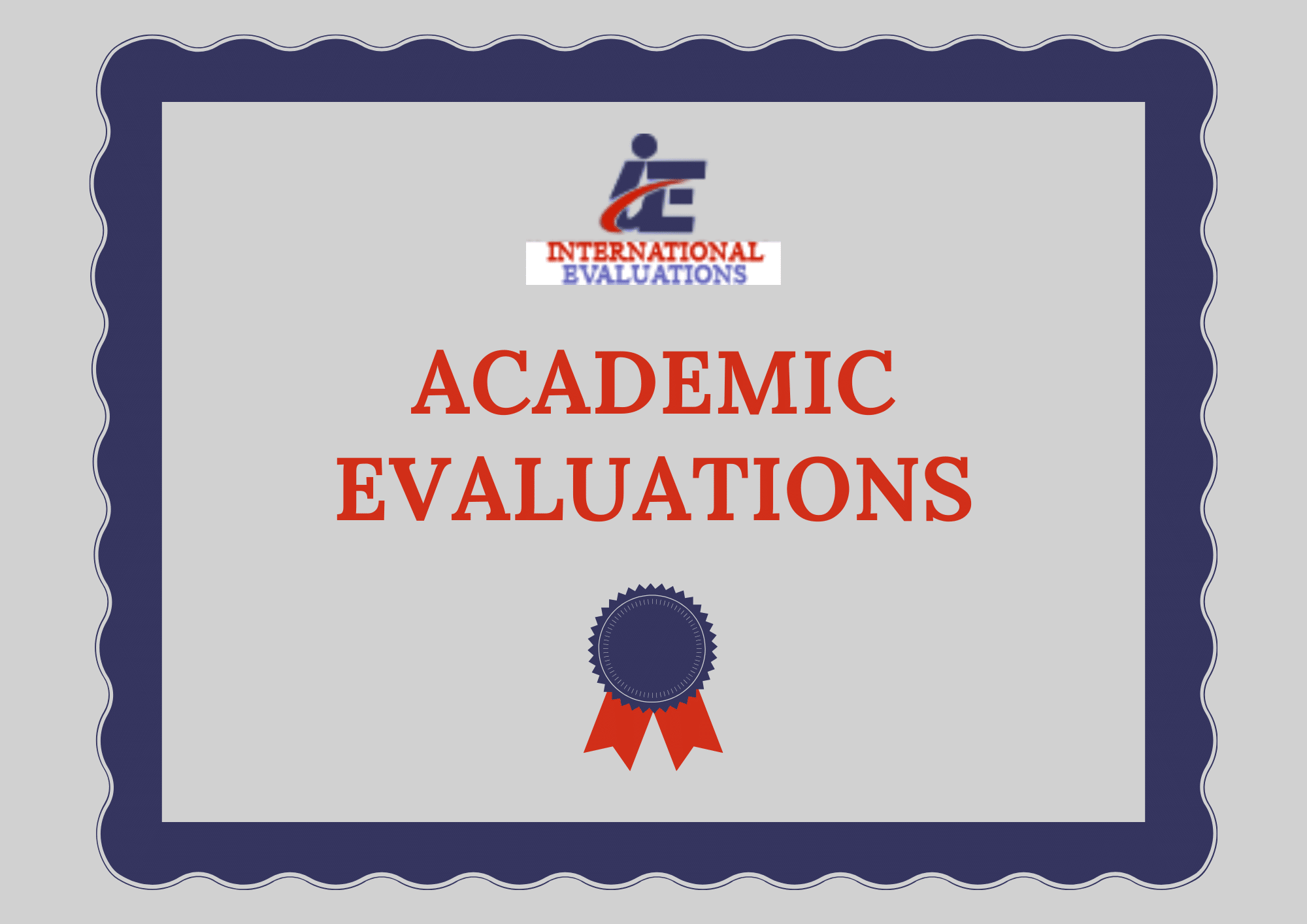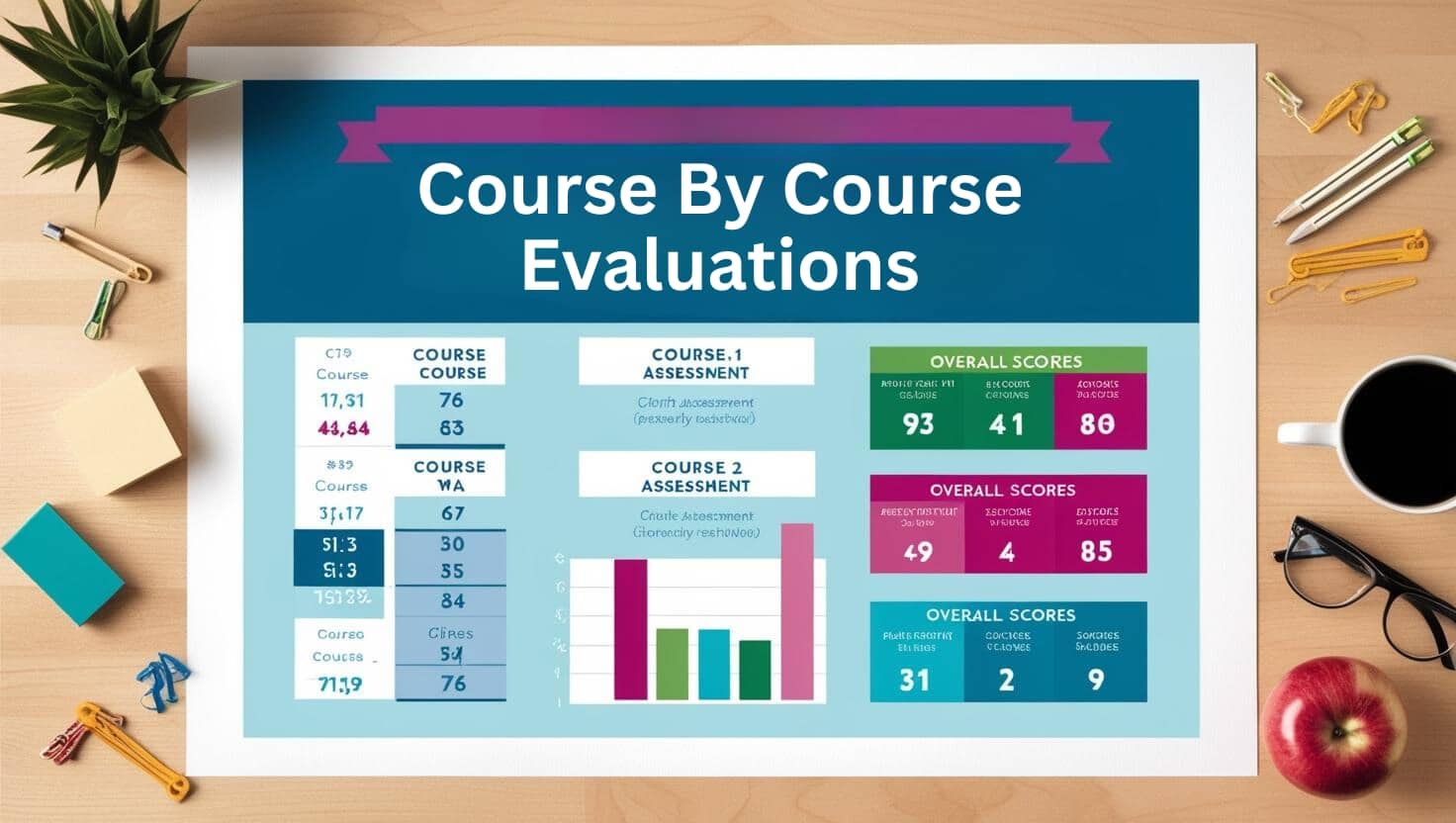Introduction
In today's competitive task market, the shift from class discovering to real-world application is more essential than ever. Students and specialists alike are seeking ways to equate their work experiences into scholastic credits. This short article explores the elaborate procedure of examining work experience for education credit, highlighting its significance in individual and expert advancement.
As we delve into this subject, we will go over numerous elements of academic credential examination, worldwide credential assessment services, course-by-course credential evaluation, and how they relate to work experience examination. Additionally, we'll explore skilled viewpoint letters and business plan evaluations as part of this complex journey.
From Class to Profession: Evaluating Work Experience for Education Credit
The bridge between class education and career success often includes recognizing the worth of useful experience. Numerous students collect considerable work experience during internships or part-time tasks that may not be formally recognized by educational institutions. However how can one ensure that these experiences count toward their academic credentials?
Why Examine Work Experience?
Evaluating work experience is vital for several factors:
Recognition of Skills: It confirms the abilities obtained through hands-on experiences. Enhanced Employability: Companies increasingly seek candidates with practical knowledge along with official education. Personal Growth: Acknowledgment of past experiences enhances self-confidence and motivates lifelong learning.Types of Credential Evaluation
Understanding the different types of credential assessments offered can help individuals browse this process effectively.
Academic Credential Evaluation
Academic credential examination evaluates foreign academic credentials versus developed requirements in another nation. This process is important for global trainees or workers intending to prove their instructional background.
International Credential Evaluation Services
These services concentrate on evaluating foreign credentials and determining their equivalency in the host nation's instructional system. They provide reports that detail the level and type of education received abroad.

Course-by-Course Credential Evaluation
This comprehensive analysis breaks down each course taken throughout a degree program, using insights into grades made and credit hours completed. It's particularly beneficial for trainees wanting to move credits in between institutions.
Work Experience Evaluation
Work experience assessment serves as a method to officially evaluate non-academic abilities acquired through work or volunteer activities. Here's how it works:
Documentation: Individuals should gather paperwork such as task descriptions, performance reviews, and any relevant certifications. Comparative Analysis: The critic compares this info against developed instructional competencies. Outcome: The result may result in scholastic credits granted based upon demonstrated knowledge and skills.The Function of Professional Viewpoint Letters
A specialist opinion letter can boost your case when looking for credit for work experience. These letters generally come from industry professionals who can attest to your abilities and contributions in a specific field.
What Must an Expert Viewpoint Letter Include?
- An introduction of your function in the organization Specific skills you developed How your experiences relate to scholastic outcomes
Having a professional endorse your capabilities not just lends trustworthiness however also enhances your total portfolio when looking for advanced studies or positions.
Business Strategy Assessment as a Learning Tool
Creating an organization plan can be an outstanding method to display your understanding of https://rentry.co/cycy6heb theoretical principles applied in real-world scenarios. A thorough assessment of a service plan might highlight competencies such as tactical thinking, financial planning, and market analysis.

FAQs
1. What types of work experiences receive scholastic credit?
Typically, work experiences that straight relate to your discipline or demonstrate transferable skills are qualified for scholastic credit.
2. How do I find global credential examination services?
You can browse online directory sites or consult with universities that often have partnerships with respectable credential evaluators.
3. Is there a charge associated with acquiring a skilled opinion letter?
Yes, lots of professionals charge for their time spent composing these letters; however, some may provide them pro bono depending upon the situation.
4. Can I receive credit for overdue internships?
Absolutely! Unsettled internships typically supply important experience and can be examined likewise to paid positions.

5. How long does the credential evaluation procedure take?
The timeline varies based on the service utilized however usually varies from a couple of weeks to numerous months.
6. Exist particular documents required for course-by-course evaluations?
Yes, you will require transcripts from all post-secondary organizations attended, in addition to comprehensive course descriptions when possible.
Conclusion
Transitioning from classroom knowledge to profession readiness needs acknowledging the value of useful work experiences in education credit evaluations. As we have actually explored in "From Class to Profession: Examining Work Experience for Education Credit," both students and professionals stand to acquire considerably by leveraging their real-world experiences towards their scholastic goals.
By making use of different types of examinations-- be it through scholastic credential examinations or skilled opinion letters-- individuals can enhance their credentials while promoting lifelong knowing principles that adhere carefully to today's dynamic workforce demands.
In summary, welcoming both theoretical understanding from class along with experiential knowing acquired through expert engagements creates well-rounded candidates all set to take on the obstacles ahead in their careers.